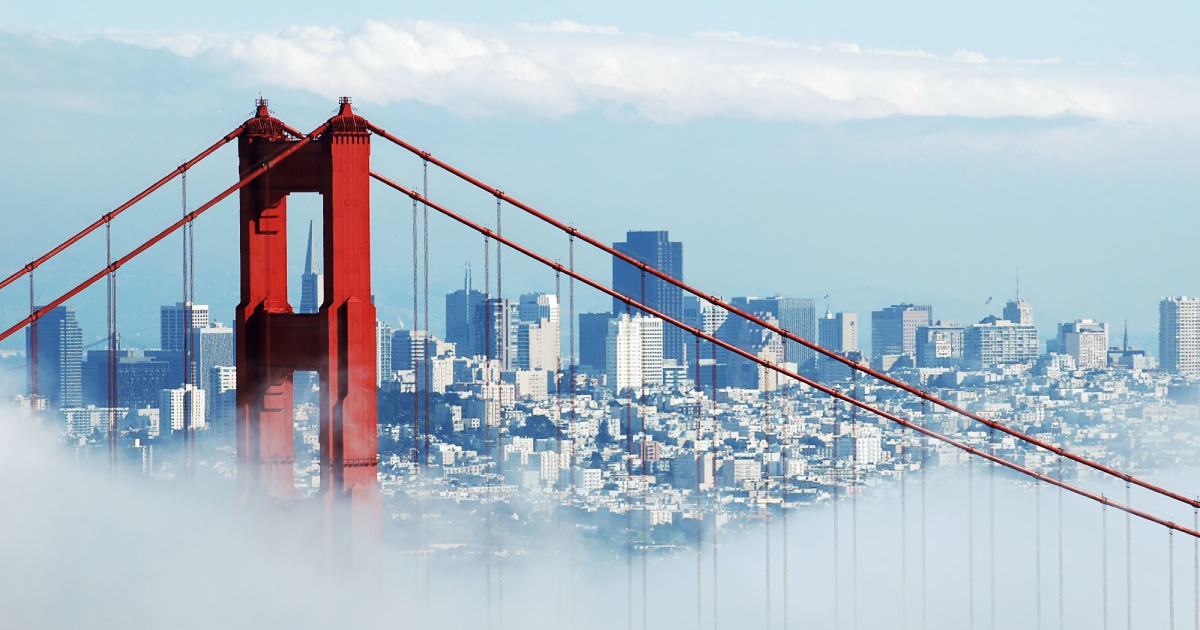Kerby Anderson
What is the future of America’s cities? The question is relevant because of a recent election and a recent article. Two weeks ago today, Chicago voters elected Brandon Johnson as their next mayor. Chicago has many social, economic, and political problems, but as a very progressive politician, Johnson plans to “double down” on these failed policies.
Urban problems in many cities are why one writer declared in the Atlantic that Chicago’s dysfunction is evidence that large American cities have become ungovernable. The idea that cities are ungovernable has a long history. Edward Banfield’s 1970 classic, The Unheavenly City and Douglas Yates’s 1978 book, The Ungovernable City are two examples.
Ryan Streeter has a different view. “Houston, for example, is now America’s fourth-largest city, and set to overtake Chicago for the third position in the not-too-distant future; it also appears to be, well, pretty governable. Other top-ten cities such as Phoenix, Dallas, and San Diego are well-governed by almost any metric.”
Unfortunately, urban progressives have ideological views about what makes cities great, which range from promoting hip districts to promoting an array of progressive laws and policies. That apparently is what voters chose in Chicago. But most city dwellers would like a city that has quality of life basics.
Recent polls show that Americans are still very concerned about crime and don’t agree with defund the police rhetoric. They want affordable housing and nice neighborhoods. And they want urban school reform and competent governance.
They don’t want their city to be an ideological testing ground for progressive policies that do not keep them safe and do not allow them to flourish.
 Listen Online
Listen Online Watch Online
Watch Online Find a Station in Your Area
Find a Station in Your Area










 Listen Now
Listen Now Watch Online
Watch Online
